Faculty Notes | Hailey Maria Salazar | 2022-2023

Hailey Maria Salazar attended Kettering Foundation’s Research Exchange (October 17-18, 2022) in Dayton, Ohio to present her research as a Whisenton Public Scholar in democratic deliberative practices in higher education institutions that serve historically marginalized populations.
The Whisenton Public Scholars research exchange program is a collaboration of Joffre T. Whisenton & Associates and the Kettering Foundation. The program was designed to collaboratively investigate ways that faculty and administrators, primarily from minority-serving institutions, can establish and maintain public scholarship practices in their work on and off campus. Through a series of exchanges, the scholars work to address fundamental problems of democracy, including a sidelined citizenry, inadequate public deliberation, and a lack of alignment between the routines of professionals and the work of citizens.
This exchange was the sixth one in a series for the current cohort of scholars. In the research exchange, scholars discussed their institutions’ missions and share updates on their research projects. These projects focus on questions of how higher education can utilize deliberative practices to strengthen democracy while also considering the role that colleges and universities can play in supporting deliberative pedagogy, ways that scholarship may make the publics that exist or potentially exist in their communities more visible, and how public and local knowledge can be highlighted in scholarship.
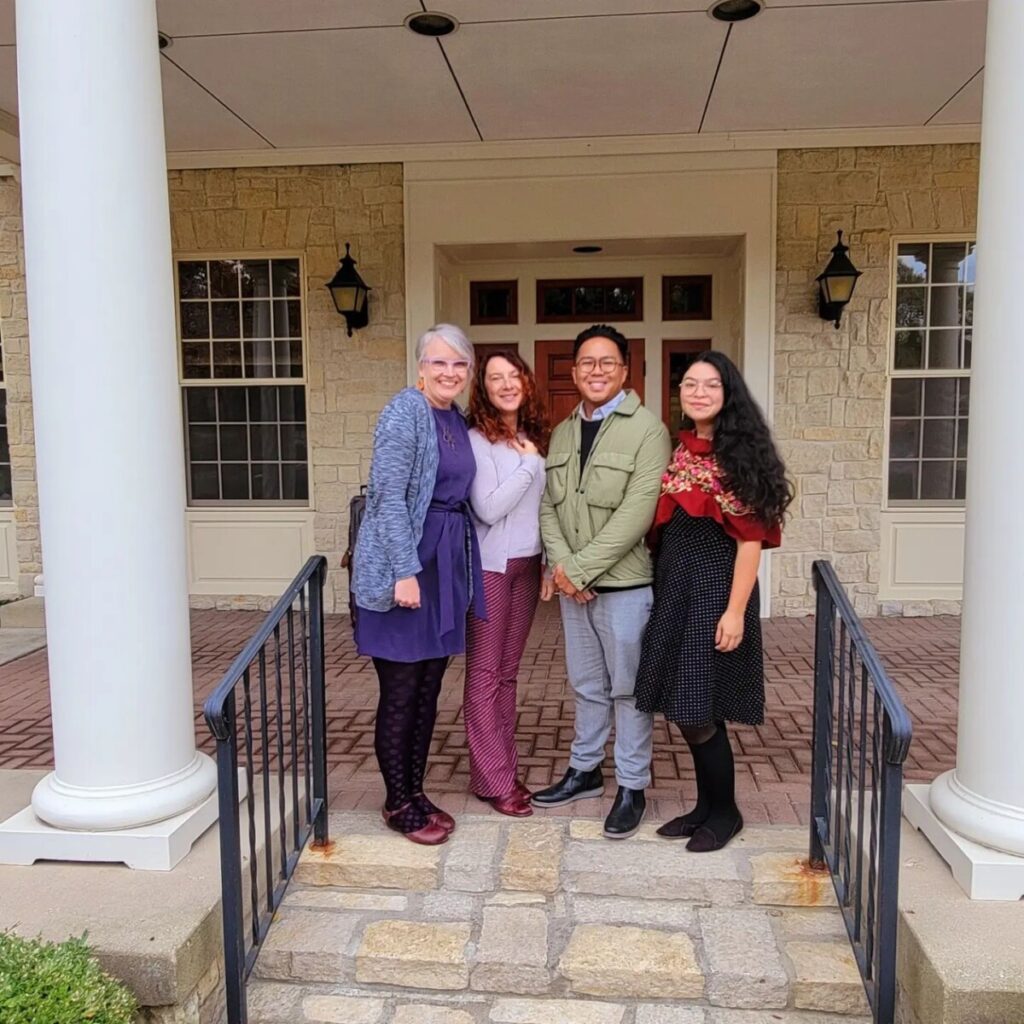
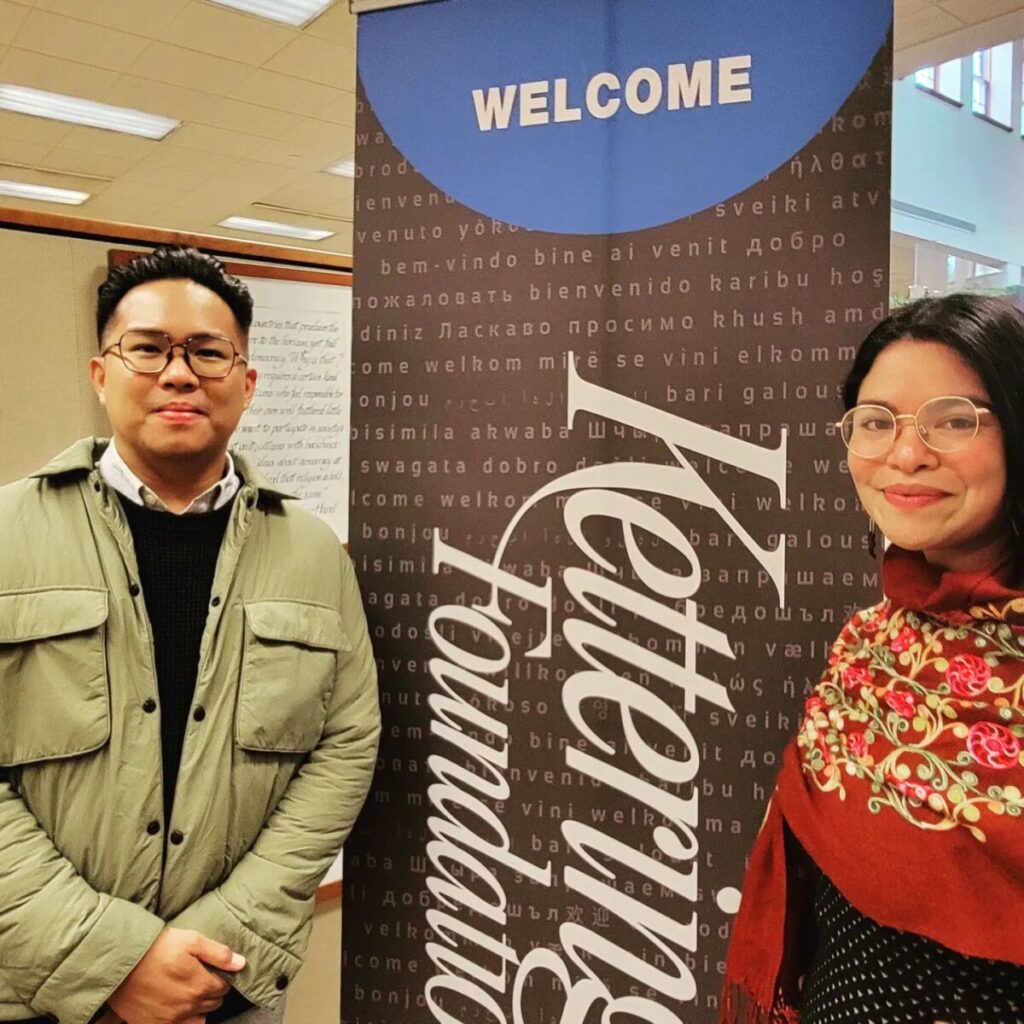
Hailey Maria Salazar and three Native Pathways Program students traveled to Jackson, Mississippi to engage in an intercollegiate democratic deliberative forum on civil rights and social justice issues at Tougaloo College’s 4th Annual Social Justice & Civil Rights Conference. Hailey Maria facilitated the forum, drawing from democratic deliberative practices by the National Issue Forums and the Kettering Foundation, as well as her work as a Whisenton Public Scholar and critical Indigenous pedagogical approach as a Native Pathways Program faculty.
Throughout the week, Hailey Maria and NPP students had the opportunity to spend time with members of the Student Nonviolent Coordinating Committee (SNCC), notable activists during the Civil Rights Movement; Philip Agnew, co-founder of Dream Defenders; Dr. Karen Weaver, the former mayor of Flint, Michigan who declared the water crisis emergency; Dr. Carmen J. Walters, President of Tougaloo College; and Dr. Daphne Chamberlain, Vice President for Strategic Initiatives and Social Justice of Tougaloo College. In addition to the Civil Rights and Social Justice Conference, they visited historical locations, the Two Mississippi Museums, and the vernissage of the Emmet Till & Mamie Till-Mobley exhibit, “Let the World See” with the Till family and the Emmett Till & Mamie Till-Mobley Institute.
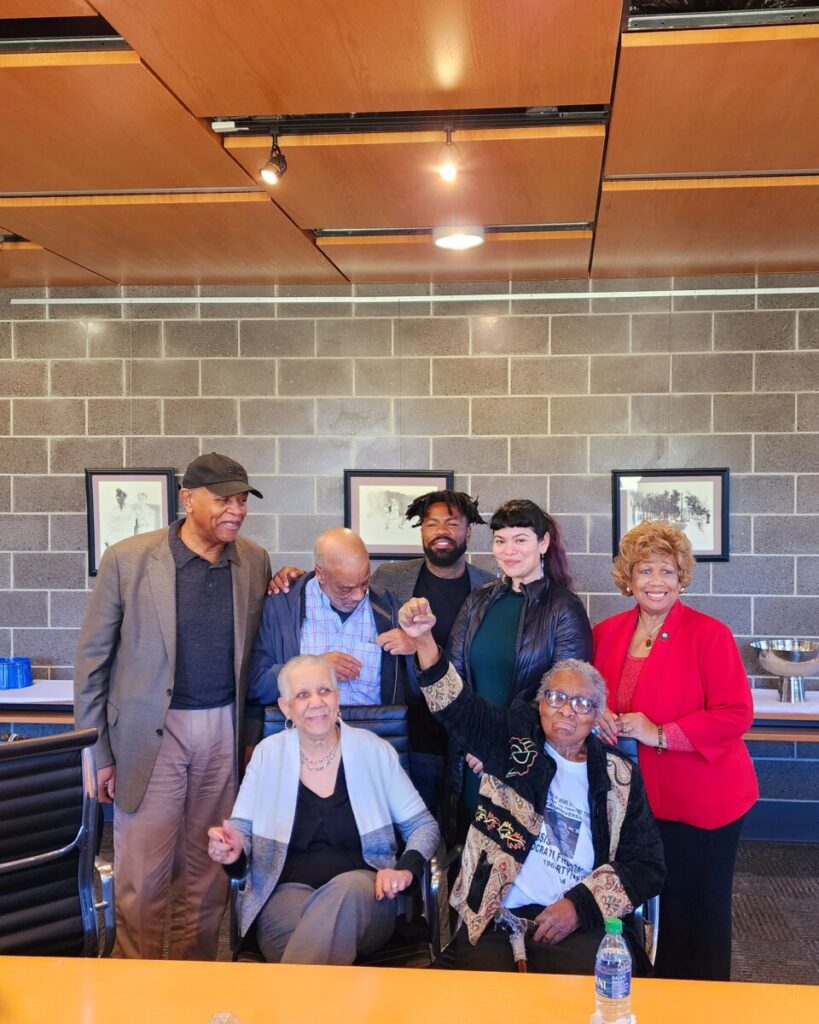
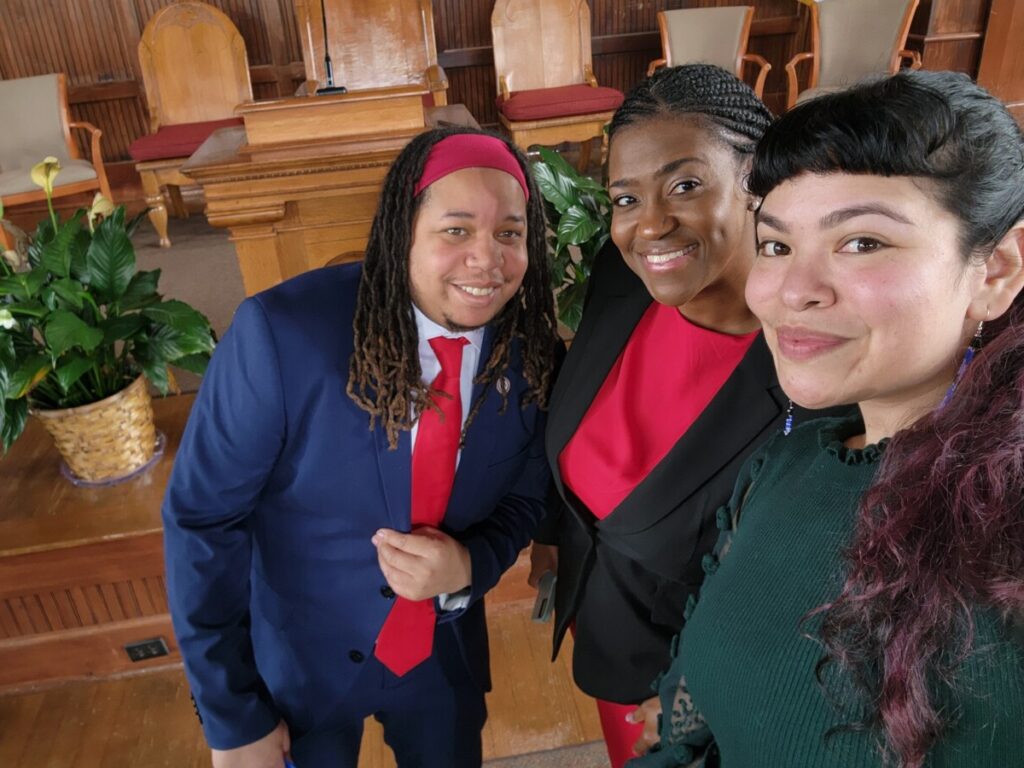
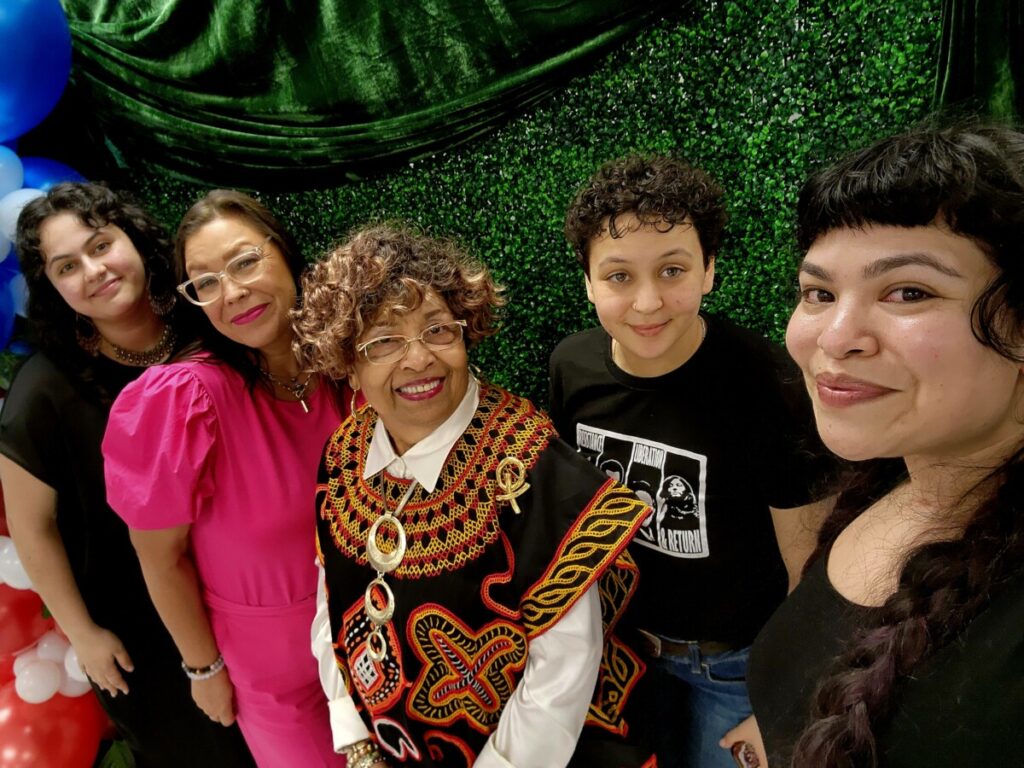
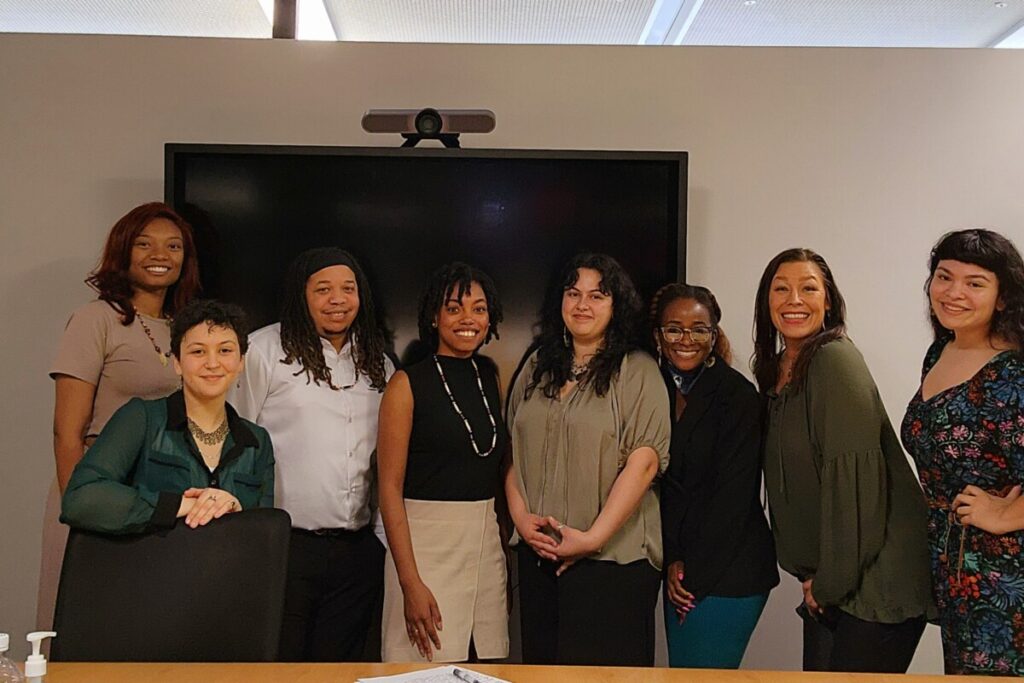
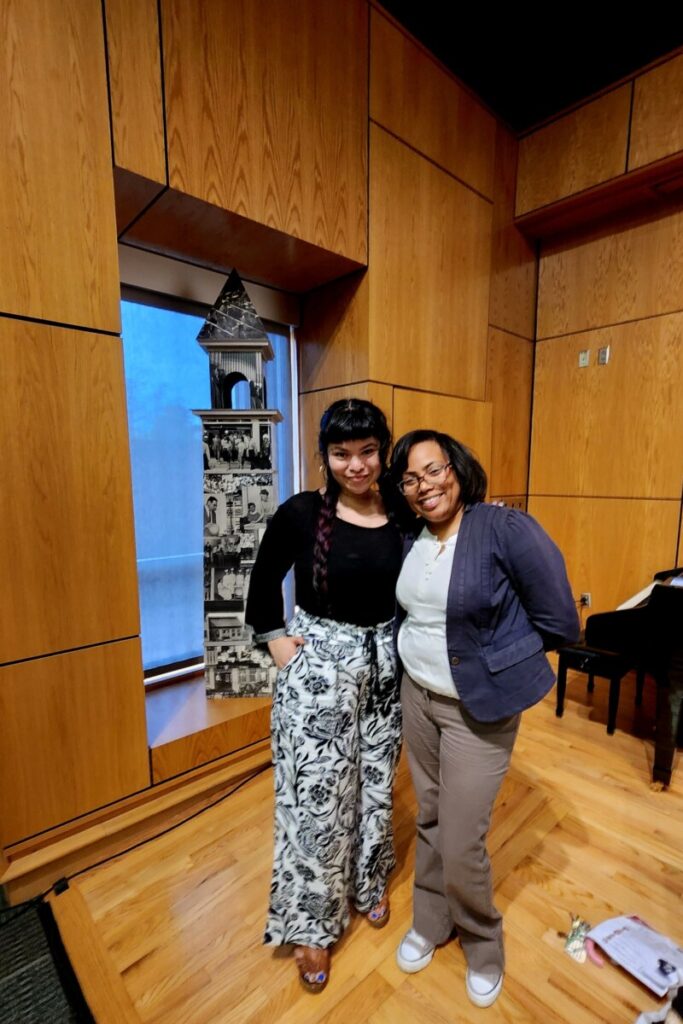
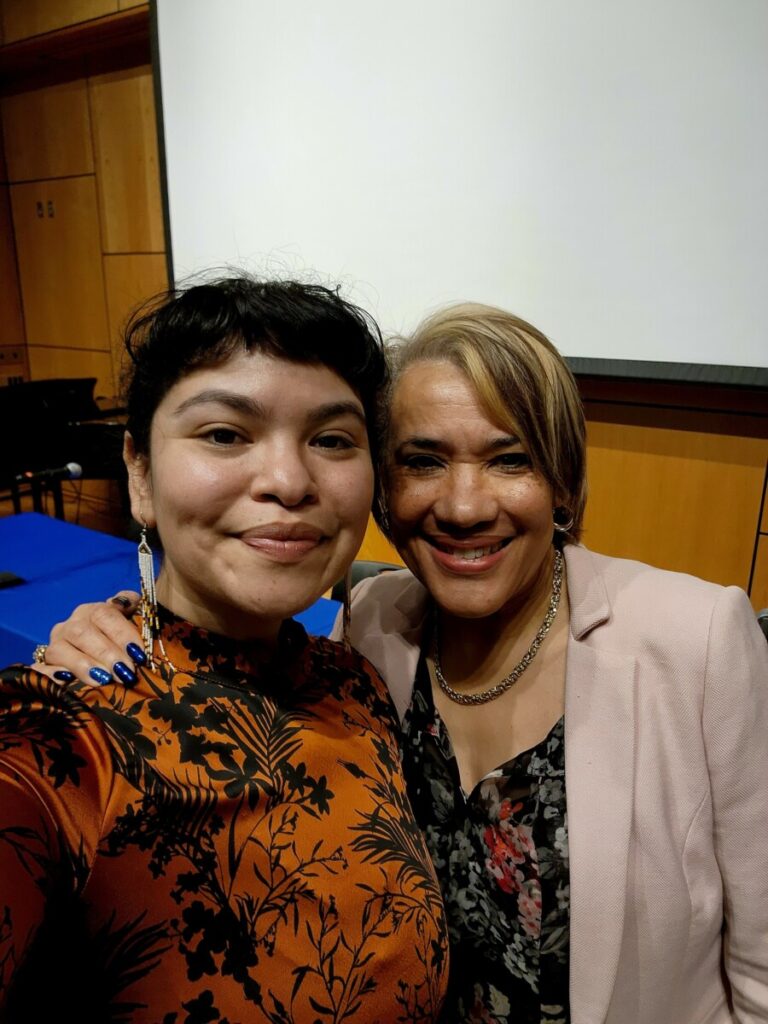

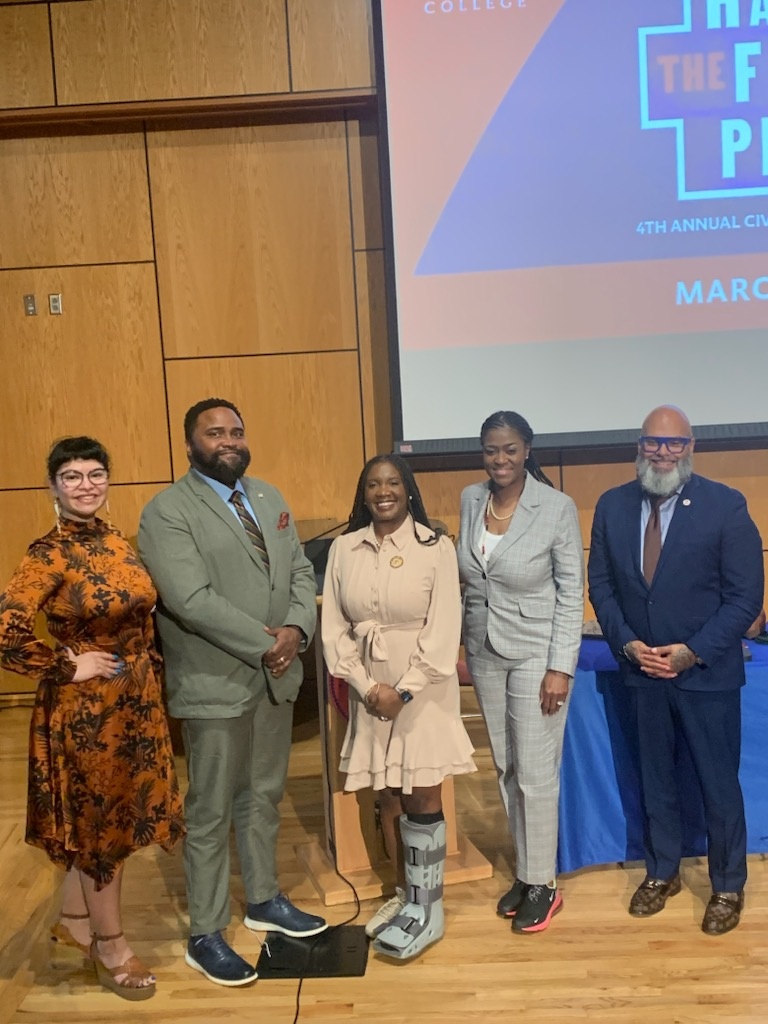
Hailey Maria Salazar served as a panelist at Tougaloo College’s 4th Annual Civil Rights & Social Justice Conference. Hailey Maria participated in the thought-provoking panel discussion titled “HBCUs and the Framing of a Social Justice Agenda.”
The panel session centered around Jelani Favors’ insightful book, Shelter in a Time of Storm: How Black Colleges Fostered Generations of Leadership and Activism. This work explores the indispensable role of Historically Black Colleges and Universities (HBCUs) as a crucial space for African Americans throughout history. HBCUs have continuously championed social justice causes, maintaining their legacies by prioritizing academic excellence, human rights, and the cultivation of servant-leaders. The session aimed to shed light on the invaluable contributions of HBCUs in shaping a 21st-century social justice agenda, involving students, faculty, staff, administrators, and the wider community.
Hailey Maria brought a unique perspective to the panel, highlighting the remarkable parallel between the histories of Indigenous education in the United States and the struggles faced by HBCUs. She shared about the impact of colonialism on education, highlighting the presence of institutional racism and the enduring challenges faced by both Indigenous and Black communities. By drawing these parallels, Hailey Maria presented a holistic understanding of the interconnected struggles and aspirations of marginalized communities.




